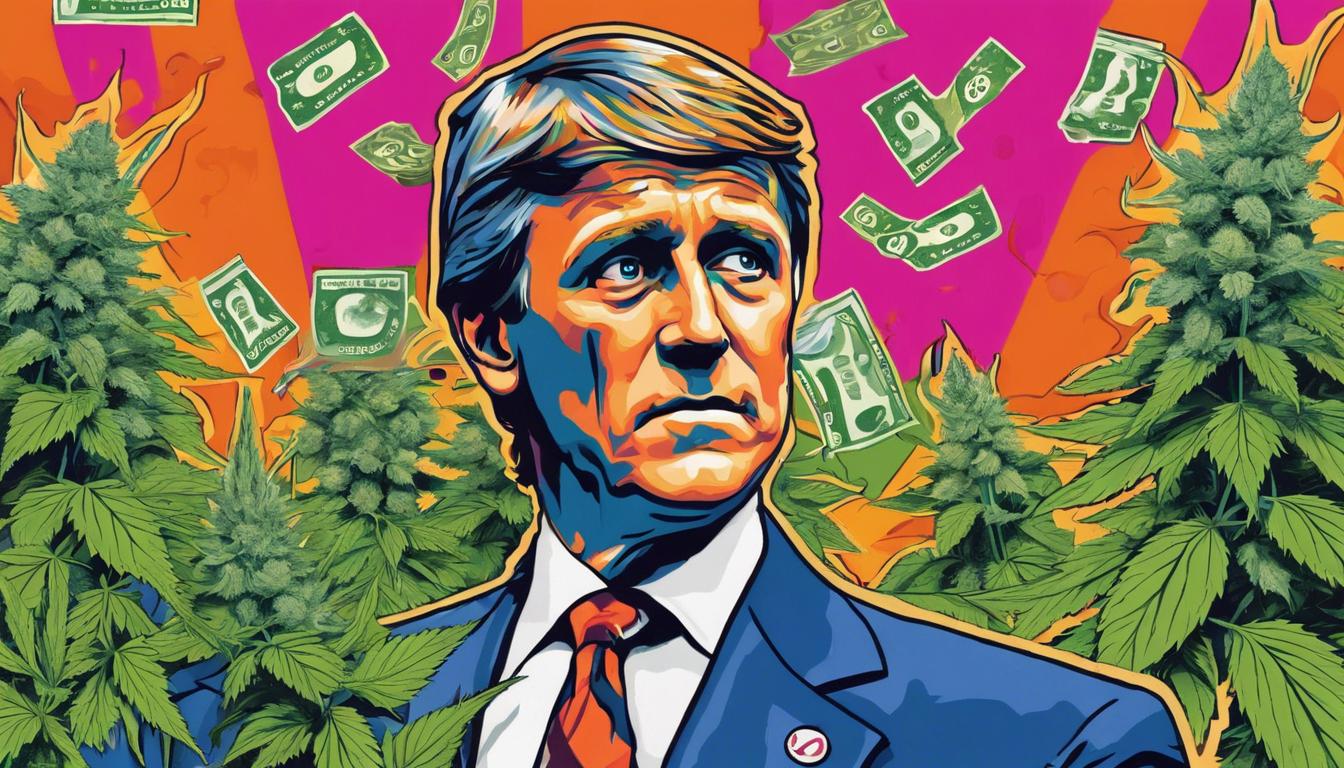Governor Glenn Youngkin of Virginia has vetoed proposed legislation on increasing the minimum wage and establishing retail marijuana sales, citing economic and public safety concerns.
Virginia Governor Glenn Youngkin recently vetoed two key legislative proposals put forward by Democrats, impacting the planned increase of the minimum wage and the establishment of retail marijuana sales. The governor’s vetoes, announced on March 28, 2024, have ignited discussions and debates across the state.
The proposed cannabis legislation aimed to initiate retail sales by 2025, following the legalization of marijuana for adult possession and cultivation in 2021. However, Governor Youngkin expressed apprehension regarding the health, safety, and societal implications of making marijuana more widely available, despite arguments that legal sales could help mitigate the issues associated with the state’s illicit market.
On the other hand, the propositions related to the minimum wage sought a gradual increase to $15 by 2026. Governor Youngkin defended his decision to veto these bills by citing potential negative impacts on businesses and employment opportunities, suggesting that such measures might detract from the state’s economic competitiveness.
These vetoes highlight the ongoing political divisions within Virginia, showcasing the contrasting approaches of the current administration compared to the Democratic-led proposals. The actions taken by Governor Youngkin reflect his administration’s priorities concerning economic and public safety concerns, even as they draw criticism from various advocacy groups and individuals supporting the original legislative goals.













